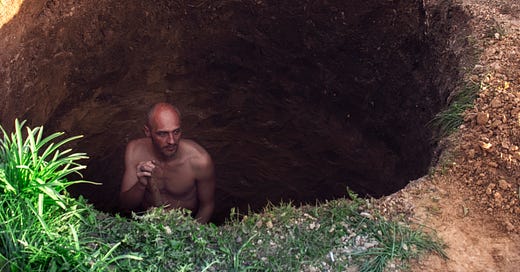One of the advantages of focused thinking is that it often requires or encourages critical analysis. This once well-practiced skill can become less sharp when we rely too heavily on technology for our thought processes. Don’t get me wrong; the world of technology has made information and knowledge accessible to everyone, revealing insights that were previously unknown or closely guarded. Technical devices now allow information to flow freely and without restrictions.
We live in an era in which we can access virtually any knowledge available, all from a device held in our hands. However, like a coin, technology has two sides. On one side, we have access to the world; on the other, the world has access to us. But at what cost? What is the price of our interactive isolation resulting from withdrawing from the physical presence of others? What happens when we eliminate face-to-face contact and personal interactions?
Many people today rely completely on what they are told, shown, or encouraged to believe is true through technology. They have total faith in what they see or read online, often accepting this information at face value, whether it is accurate, misleading, or outright false. This approach overlooks the importance of digging deeper, considering the background, or verifying the information through fact-checking.
One element of intelligence that sets humans apart from every other species is our mental ability to think critically and employ rational thought, which we can communicate verbally or in writing. When our days are filled only with streaming technology and devices, we can lose that human edge in our critical thinking and analytical skills.
Face-to-face interactions enable more in-depth responses and convey nuances often lost in other forms of communication. Without employing critical thinking and analyzing information, we may start to accept statements that are either misleading or, worse, intentionally propagandized misinformation that does not serve our best interests. These falsehoods can impact our identities within groups, tribes, neighborhoods, communities, nations, and even global citizens.
Relinquishing our critical thinking and analysis can cloud our ability to make sound decisions in our best interests, ultimately hindering positive outcomes for ourselves and those we care about. Remembering past choices and their consequences, along with any warning signs associated with those experiences, should be our first defense. This reflection should guide us in making new or future choices.
Recalling past experiences and their consequences involves a process that helps us consider our options when faced with new or similar decisions. This practice resembles foresight, allowing us to apply insights from the future to our present choices.
In the 1960s, University of Texas football head coach Darrell Royal built a successful powerhouse running game. Sports writers often asked him why his offense rarely threw the ball. He paused thoughtfully and responded, "When you throw the ball, three things can happen, and two of them are bad for your offense and scoring."
This is the practical, secular aspect of our discussion on choice. It's a fundamental reality of life. With a spiritual foundation, each choice becomes an opportunity to seek guidance. Maintaining an active spiritual relationship allows us to draw on spiritual strength for valuable insights.
Gaining spiritual grounding and utilizing spiritual strength to envision future outcomes can significantly benefit your success tomorrow. Many overlook this advantage because they choose to disregard its potential.
Each of us possesses a spirit deep within our soul, originating from God, the creator of the universe. However, since we live in a physical world, our natural tendency is to operate solely within its confines, often overlooking other influencing factors.




